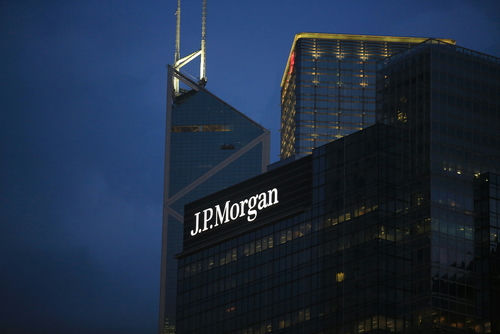Hong Kong’s autonomy faces erosion as Beijing tightens its grip, sparking international concern and local despair.
Beijing’s Influence Over Hong Kong Intensifies
In 2019, Hong Kong erupted in protests against a proposed extradition bill, which quickly expanded into broader demands for democratic reforms. By 2020, Beijing imposed the National Security Law (NSL), fundamentally altering Hong Kong’s political landscape. The aggressive enforcement of the NSL has led to systematic dismantling of opposition and restriction of freedoms, culminating in the passage of Article 23 in 2024, further enhancing state power over the region.
Since 2019, the Hong Kong government, acting under Beijing’s directives, has arrested over 10,000 individuals involved in the protests, with thousands prosecuted and convicted. This crackdown has silenced mass protests due to legal risks and a heavy police presence. The suppression of media and academic freedoms has prompted significant international condemnation, as many media outlets have been forced to close, including high-profile cases like Apple Daily.
Impact on Civil Liberties and International Response
The imposition of the NSL and the subsequent passage of Article 23 have had profound implications for civil liberties in Hong Kong. The law’s extraterritorial reach has affected not only locals but also foreigners and the diaspora, spreading fear and self-censorship. International observers have decried these developments as a violation of Hong Kong’s promised autonomy under the “one country, two systems” framework, initially established during the 1997 handover from Britain to China.
Western governments and human rights organizations have voiced strong opposition, yet Beijing maintains its actions are necessary for maintaining sovereignty and stability. The international community continues to call for greater accountability and respect for human rights in Hong Kong, though their influence remains largely symbolic.
Long-term Consequences for Hong Kong
The long-term effects of Beijing’s tightening grip are deeply concerning. The erosion of autonomy has led to a decline in Hong Kong’s international reputation and attractiveness as a business hub. There has been a noticeable brain drain as residents, disillusioned by the loss of freedoms, emigrate in search of better opportunities. The chilling effect on civil society and public discourse persists, raising questions about the future of Hong Kong’s identity and role on the global stage.
Hong Kong’s transformation from a vibrant semi-autonomous city to a tightly controlled territory highlights the ongoing struggle between democratic ideals and authoritarian control. As Beijing continues to assert its influence, the world watches closely, hoping for a resolution that respects the rights and freedoms of Hong Kong’s citizens.
Sources:
Wikipedia: 2019–2020 Hong Kong Protests
Council on Foreign Relations: Hong Kong’s Freedoms and Democracy Protests

